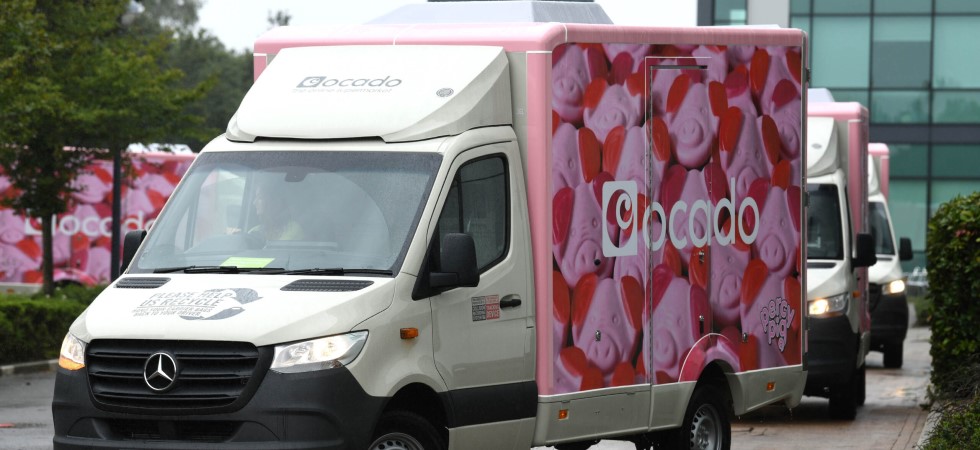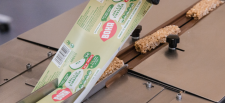UK market research firm Kantar has revealed that take-home grocery sales rose by 4.6% over the four weeks to 17th March, with consumers making Easter purchases earlier than last year.
Market research by Kantar showed that 2024 witnessed a “boosting” of sales of seasonal treats in the first three months of the year, up £88 million compared to the same period in 2023.
Fraser McKevitt, head of retail and consumer insight at Kantar, said: “With Easter on the horizon, consumers have been stocking up on classic seasonal treats, with a quarter of people picking up four or more items when buying chocolate eggs. This rises to 29% for shoppers aged over 65, suggesting that many grandparents are planning to indulge their families this weekend.
“People in Wales and the North of England are among the biggest spenders, shelling out £14.18 and £13.84 on Easter eggs on average respectively in the past three months. Volume sales of hot cross buns are also up by 15% versus last year.”
Grocery price inflation drops
Grocery price inflation eased to 4.5% in the four weeks to 17th March, which Kantar said was the lowest level since February 2022.
McKevitt said: “Grocery inflation has come down significantly since hitting an eye-watering peak of 17% in March 2023. However, despite this continued slowdown, many British households are still feeling the squeeze. 23% identified themselves as struggling financially in our data – the same proportion as reported in November last year.”
Kantar said that 78% of shoppers were actively buying cheaper groceries while 68% were using promotions to help manage budgets. Retailers have in turn placed an “emphasis” on discounts and price match schemes, according to the research. Kantar also observed that £605 million more was spent on deals this month than in March last year, while nearly a third of baskets across Tesco, Sainsbury’s and Asda collectively contained at least one price matched product.
McKevitt explained: “Premium own-label lines have been a big beneficiary of consumers trading down, growing by a whopping 16.1% this month – the quickest rate we’ve seen in nearly three years. However, sales of branded goods pushed just ahead of own-label overall, increasing sales by 6.1% and 4.7% respectively in the latest four weeks.”

Ocado sees fastest growth
Online retailer Ocado was the fastest growing retailer in March, which Kantar attributed to a “sustained voucher campaign which helped it attract customers”. The retailer improved sales by 9.5% in the latest 12 weeks, ahead of the total online market which rose by 6.6%, to account for 1.9% of all take-home sales. It was reportedly the only grocer other than Waitrose to boost its number of shoppers in the latest three months.
Tesco and Sainsbury’s saw year-on-year sales up by 5.8% and 6.7% respectively, with their shares of the market each increased by 0.4% to 27.3% and 15.2% respectively.
Morrisons saw a 3.6% increase in sales over the latest 12 weeks, marking more than one year of consistent growth for the retailer and its share of spend stands at 8.7%. Meanwhile, Asda increased sales by 0.2% to hold 13.8% of the market.
Aldi’s sales increased by 3.1%, with a market share of 9.8%. Fellow discounter Lidl grew by 8.8% to capture a 7.8% share of the market, which Kantar said was helped by a 24% rise in sales of baked goods and a 11% jump in fruit, vegetables and salads. Iceland grew sales by 2.2% as Waitrose holds a 4.5% market share with sales up by 3.9%, while Co-op took 5.5% of the market.









